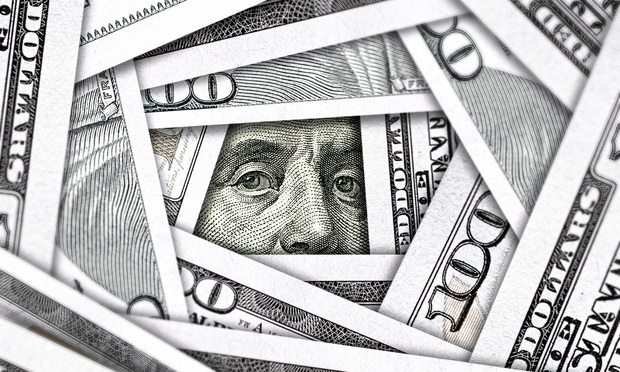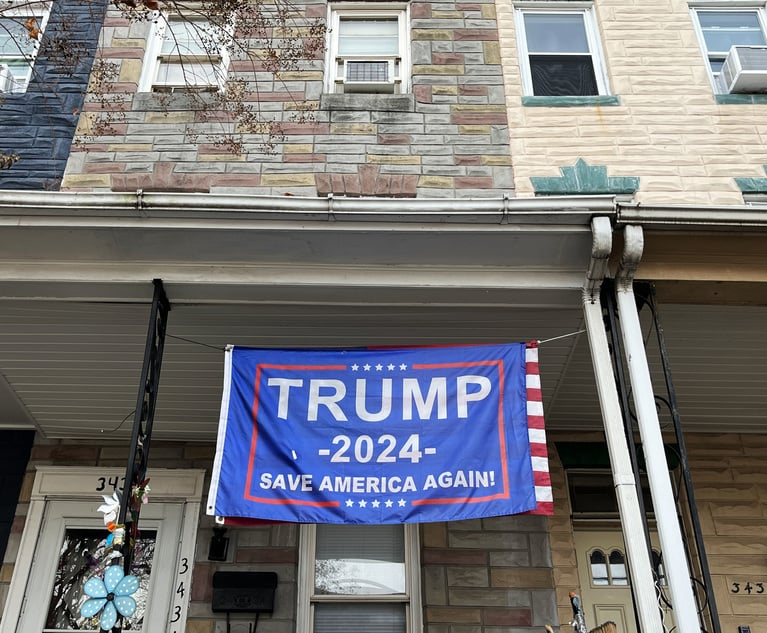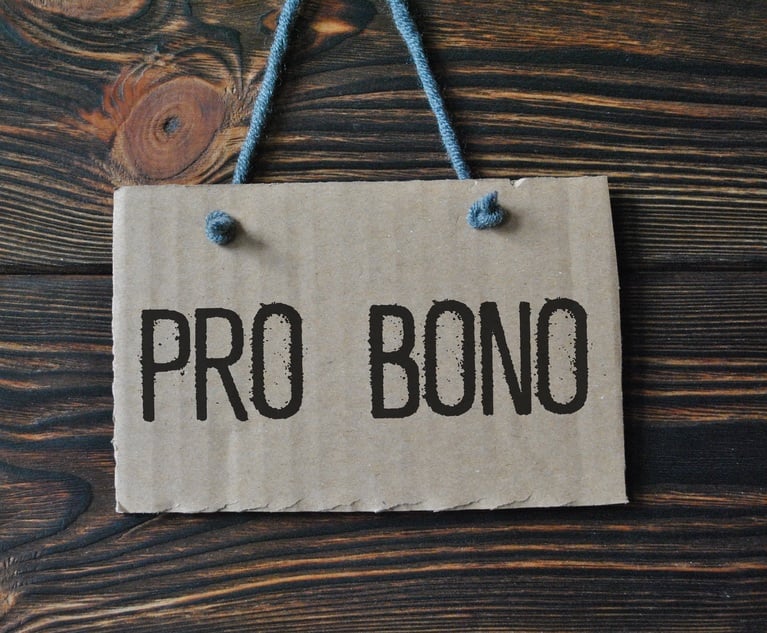When S-1500 was first introduced in the Legislature in January 2018, it focused on the disclosure of significant donors (gift of $10,000 or greater) to independent entities that engaged in campaign electioneering, i.e. communications that clearly promoted or opposed a candidate for public elective office or advocated a position on a public question that was being put to ballot. The Brennan Center for Justice extolled S-1500 when it was first introduced, calling it a “national model in the response to the U.S. Supreme Court’s decision in Citizens United.” While one could argue with the breadth of some of its definitional language, the purpose of the original version of S-1500 was tethered to the compelling governmental interest of preventing quid pro quo corruption and requiring disclosure of those who, through their contributions, were seeking to affect the outcome of an election or public referendum. Especially after Citizens United drastically limited the ability of government to limit directly campaign contributions by independent entities, the mandatory disclosure of the source of such contributions is often the best available tool to try to curb the corrupting influence of money on our electoral process.
Although, as the U.S. Supreme Court noted as far back as NAACP v. Alabama, ”It is hardly a novel perception that compelled disclosure of affiliation with groups engaged in advocacy may constitute as effective a restraint on freedom of association,” given the compelling interest in preventing corruption and maintaining the integrity of our election system, a mandatory disclosure requirement directed towards electioneering has been found constitutional, if done carefully, indeed almost surgically.







